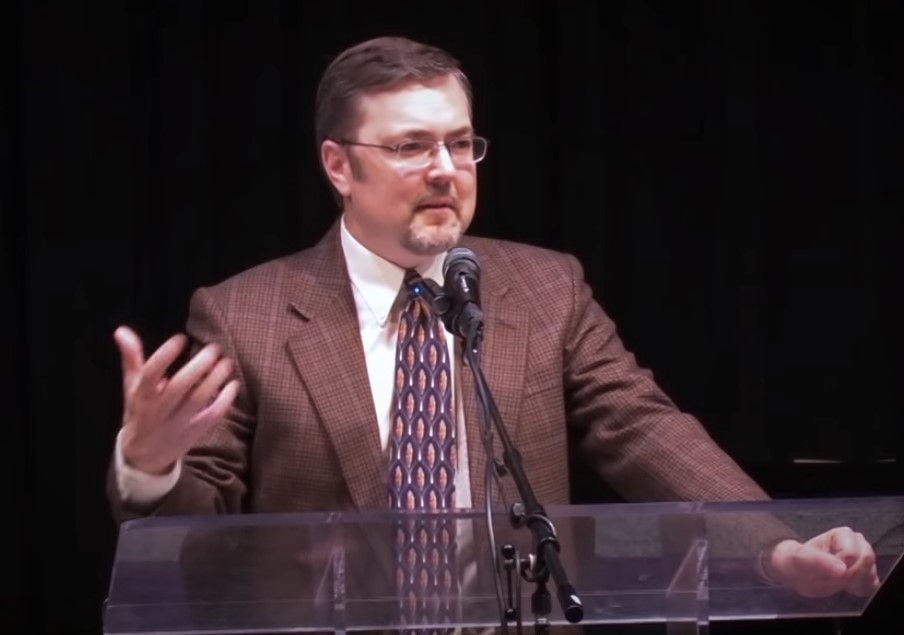Podcast: Play in new window | Download
Subscribe: Spotify | Email | RSS

I’ve recently participated in a couple of face-to-face debates, one about the Trinity and the other about Incarnation. But not everyone likes debates, or thinks they are overall helpful or important. In this episode you’ll hear my brief, informal talk at Converge about debating theology, with some of the Q&A that followed. I address questions including:
- Are debates just an example of ungodly strife or harmful quarreling?
- Are debates important? If so, who do they help?
- Is there any scriptural precedent for debating theological questions?
- Debates never change anyone’s mind, right? So then, why do them?
- Should you be a debater?
- Should you debate all challengers?
- What are the downsides of debating?
Links for this episode:
- Tuggy vs Kershnar: Is there a God?
- Tuggy vs. Brown: Is the God of the Bible the Father Alone?
- Tuggy vs Date: Is Jesus Human and not Divine?
- Acts 18:24-28; Matthew 5:24; James 1:19-21, 3:1-12.
- The Gospel of John movie
- Jesus’s argument in John 10
- podcast 194 – God: One Person or Three? Sanders vs. Buzzard debate
- Unitarian vs. Trinitarian debate: Sean Finnegan vs. Brant Bosserman
- Did Paul Teach Jesus is God? Anthony Rogers vs. Carlos Xavier
- trinities podcast Facebook group
- Restitutio Interview 31: Master’s University Prof. Finds Son of God, Loses Job (Bill Schlegel)
- Loyola: tradition trumps sense perception
- podcast 22 – a cure for odium theologicum
- This week’s thinking music is “reCreation” by airtone.
